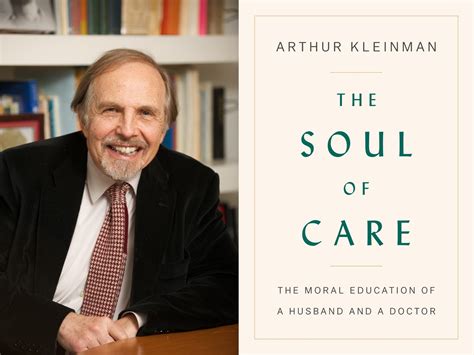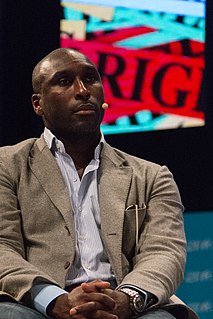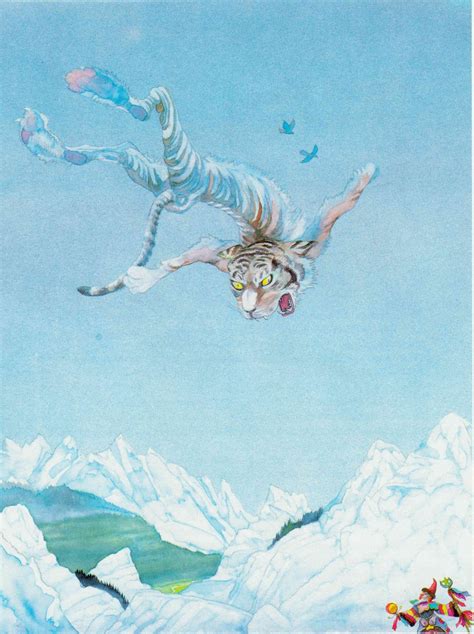A Quote by Friedrich Nietzsche
We do not belong to those who only get their thought from books, or at the prompting of books, -- it is our custom to think in the open air, walking, leaping, climbing, or dancing on lonesome mountains by preference, or close to the sea, where even the paths become thoughtful.
Related Quotes
Only idiots or snobs ever really thought less of 'genre books' of course. There are stupid books and there are smart books. There are well-written books and badly written books. There are fun books and boring books. All of these distinctions are vastly more important than the distinction between the literary and the non-literary.
...Generally people don't recomend this type of book at all. It is far too interesting. Perhaps you have had other books recomended to you. Perhaps, even, you have been given books by friends, parents, teachers, then told that these books are the type you have to read. Those books are invariably described as "important"- which in my experience, pretty much means that they're boring. (words like meaningful and thoughtful are other good clues.)
I read a lot of books. I read because it inspires me and shows me paths that I could never imagine. Sometimes those paths are horrible and sad, and sometimes they are hopeful and amazing. Not always are they paths to the future, and sometimes the paths are actually about the past but make sense when applied to the future. Books are amazing.
Books -lighthouses erected in the great sea of time -books, the precious depositories of the thoughts and creations of genius -books, by whose sorcery times past become time present, and the whole pageantry of the world's history moves in solemn procession before our eyes, -these were to visit the firesides of the humble and lavish the treasures of the intellect upon the poor.
Books, books, books in all their aspects, in form and spirit, their physical selves and what reading releases from their hieroglyphic pages, in their sight and smell, in their touch and feel to the questing hand, and in the intellectual music which they sing to the thoughtful brain and loving heart, books are to me the best of all symbols, the realest of all reality.
The rest, with very little exaggeration, was books. Meant-to-be-picked-up books. Permanently-left-behind books. Uncertain-what-to-do-with books. But books, books. Tall cases lined three walls of the room, filled to and beyond capacity. The overflow had been piled in stacks on the floor. There was little space left for walking, and none whatever for pacing.
Books are the carriers of civilization. Without books, history is silent, literature dumb, science crippled, thought and speculation at a standstill. Without books, the development of civilization would have been impossible. They are engines of change (as the poet said), windows on the world and lighthouses erected in the sea of time. They are companions, teachers, magicians, bankers of the treasures of the mind. Books are humanity in print.
Here is the infallible test. Imagine yourself in a situation where you are alone, wholly alone on earth, and you are offered one of the two, books or men. I often hear men prizing their solitude but that is only because there are still men somewhere on earth even though in the far distance. I knew nothing of books when I came forth from the womb of my mother, and I shall die without books, with another human hand in my own. I do, indeed, close my door at times and surrender myself to a book, but only because I can open the door again and see a human being looking at me.
Books can be possessive, can't they? You're walking around in a bookstore and a certain one will jump out at you, like it had moved there on its own, just to get your attention. Sometimes what's inside will change your life, but sometimes you don't even have to read it. Sometimes it's a comfort just to have a book around. Many of these books haven't even had their spines cracked. 'Why do you buy books you don't even read?' our daughter asks us. That's like asking someone who lives alone why they bought a cat. For company, of course.










































